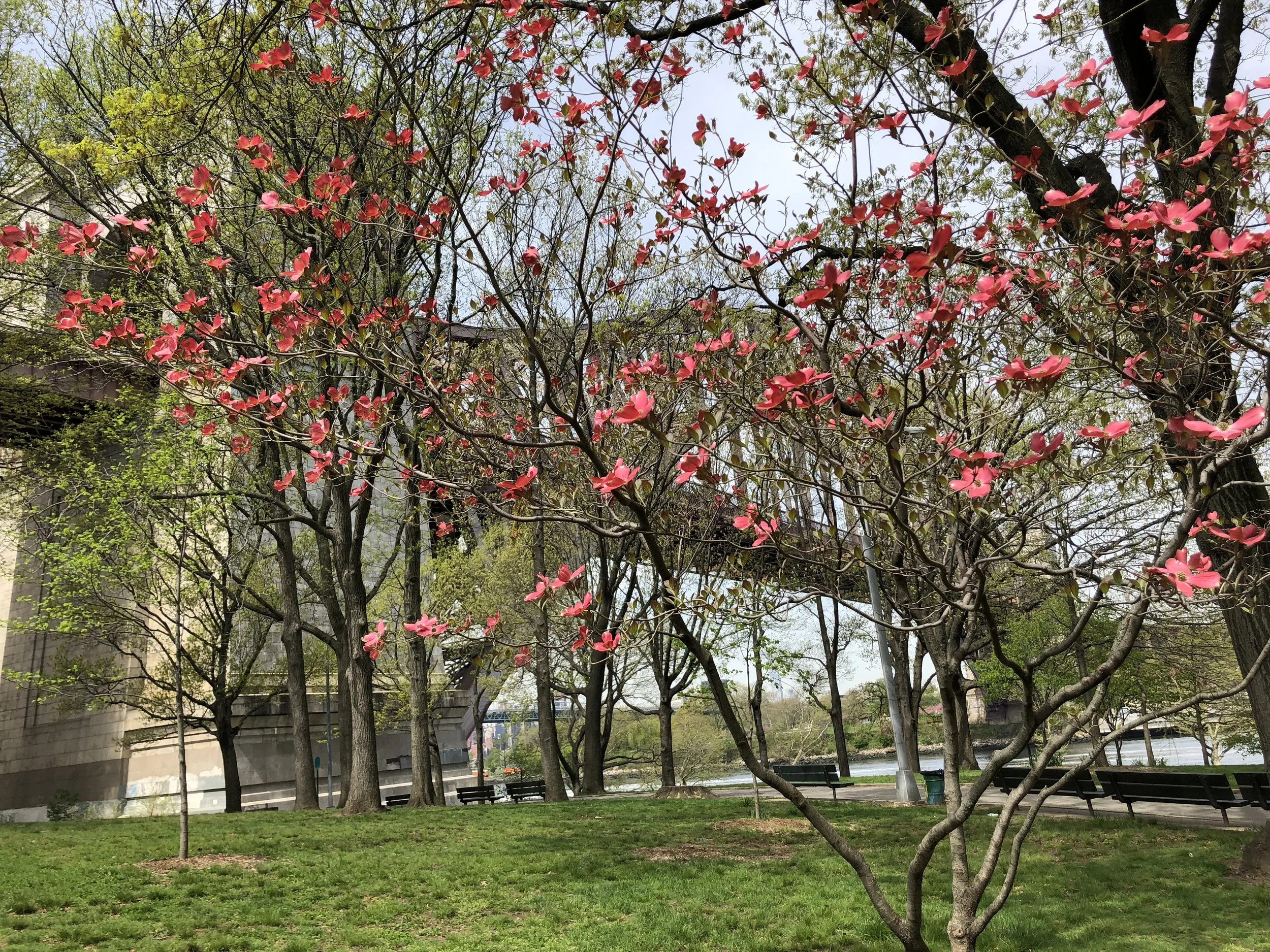REVIEW: Hanzhi Wang's Revelatory Virtuosity Gains the Accordion New Fans
Above photo © Baruch Performing Arts Center.
by David Wolfson
April 19, 2024
In the United States, if we think of the accordion at all, we are likely to have images of polka bands, French ballads, or Lawrence Welk. Perhaps we remember the Far Side cartoon whose top caption reads “Welcome to heaven, here’s your harp,” followed by “Welcome to hell, here’s your accordion.”
We have not been giving the accordion the respect it deserves. There is actually a long tradition of classical accordion, and the young performer Hanzhi Wang is one of its most-honored contemporary practitioners. Her bio cites her “staggering virtuosity,” and having seen her perform last night in a solo recital at Baruch Performing Arts Center, I can attest that this is no exaggeration.
Photo courtesy of Baruch Performing Arts Center.
Wang plays a version of the instrument designed for classical music. Instead of rows of buttons triggering prefabricated chords or bass notes in octaves, her accordion’s left manual has 120 buttons with individual notes spanning multiple octaves, from violin-harmonic high to contrabass low. Her right manual uses a chromatic button arrangement rather than the more familiar truncated piano keyboard, allowing for a dizzying array of potential chords and fingerings. It’s as if she were playing a portable two-manual organ, but with the dynamic control and phrasing ability of a wind instrument.
She opened with selections from Bach’s Goldberg Variations (the Aria and variations 1, 7, 14, 18 and 29, for those who like to keep score at home), which were absolutely revelatory. The accordion has the richness of tone of the harpsichord, the dynamic nuance of the piano, and an ability to phrase and sustain that neither of them can match. The delicacy, clarity and breathtaking agility on display, however, must be credited to the performer, not the instrument. (I am now officially a big fan of Baroque keyboard music on accordion—the Scarlatti sonata Wang played as an encore was equally engrossing.)
Sofia Gubaidulina’s 1978 De Profundis, written for an instrument like Wang’s, was the most substantial piece on the program that was not an adaptation. Beginning with dissonant chords animated by bellows shakes, it contained virtuosic filigree in counterpoint and an assortment of air and key noises, clusters, fist glissandos and pitch bends playing hide-and-seek with open-hearted triads and melodic fragments. It’s an effective, evocative work, ravishingly played, and I wished more of the program had been like it.
Photo courtesy of Baruch Performing Arts Center.
The rest of the recital consisted of short pieces that seemed weightless after that first pairing. Lullaby and Grotesque by Rebecca Clarke, originally for viola and cello, did not work as well for the accordion as the keyboard pieces—I missed the interplay between two performers. Lili Boulanger’s Cortège, originally for violin and piano, was more effective, but at two minutes long was far too short to be satisfying. Katherine Balch’s Impromptu for Hanzhi was in the mold of the Gubaidulina piece, with drones, vibrato and air noises, nicely projecting a sense of temporal dislocation appropriate to its provenance as a pandemic project; Wang’s own My Story repurposed Chinese folk melodies, to appealing effect. The three Astor Piazzolla pieces that ended the evening, all arrangements of songs, were notable for the way Wang fused her melodic sensibility with the most rhythmic moments of the evening, but were in themselves unmemorable.
Wang is a mesmerizing performer, breathing in tandem with her instrument, involving her whole body in her playing in a way that draws an audience in. She obviously takes her role as ambassador for her instrument seriously, but not herself seriously; she gave a little patter from the stage, a recitation of frequently asked questions and their answers, which was charming. I want to see her perform again, and I only hope that when I do, she will be offering a more substantial program. Somebody commission a well-known composer to write this woman a concerto and get her in front of major orchestras, stat!
***
David Wolfson holds a PhD in composition from Rutgers University, and has taught at Rutgers University, Montclair State University and Hunter College. He is enjoying an eclectic career, having composed opera, musical theatre, touring children’s musicals, and incidental music for plays; choral music, band music, orchestral music, chamber music, art songs, and music for solo piano; comedy songs, cabaret songs and one memorable score for an amusement park big-headed-costumed-character show. You can find more information here.







